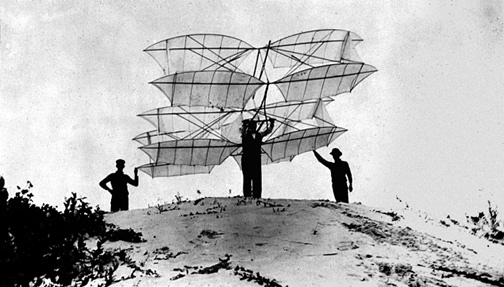Take a method and try it. If it fails, admit it frankly, and try another. But by all means, try something. – Franklin D. Roosevelt
What does that mean?
I like this quote, as it talks about human learning. We get an idea in our head, and we think about how we might accomplish this thing. We come up with an idea, likely based on prior experience or presumption based on observation or something we read. We then take that method and use it, to the best of our abilities. Sometimes we succeed, sometimes the method fails, and sometimes we fail because we cannot execute the method properly.
The next step, per the quote is to assess the situation. If you failed, be honest and say so, then find another method to try. This is succeeding by successive approximation. Learn from each failure, and build on it. The final part of the quote is truly the most important, to do something. Yes, there’s a time for thinking. But there is also a time for doing. And that is what the quote is truly about. Problems rarely work themselves out without our effort.
Why is recognizing failure important?
Sometimes, it’s easy to recognize failure. Other times, it can be a challenge. When failure is obvious, it often is catastrophic and spectacular at the same time. Consider the vintage newsreel footage of the early attempts at flying machines. Yep, that one failed. Back to the drawing board.
By admitting failure, we can stop wasting time an effort on this phase of the project. Now we can to an analysis of the failure (who, what, where, when, why, when, and how). Once we can come up with some ideas regarding why it didn’t work, we can try to either refine the existing method, or find a new method, better suited to the situation as it is presently known. But none of that can happen until you admit the method failed.
Where can I apply this in my life?
If you were paying close attention to what I wrote in the paragraphs above, and the quote itself, the failure is in the method, not in the person. Do not personalize a failing of method. As I have been learning martial arts, my technique, my method, was not so great. I often had failures of the technique that weren’t personal failings (although some might think that way), but my lack of mastery of the technique.
In this case, the solution is to realize that what I was doing wasn’t working, and ask for some assistance from the Sensei or Sempai (teacher or most senior student). In this way, I could adjust my technique, refine my method, and try again. Occasionally, I needed to alter the technique, as most martial arts are designed for a short person going against a larger person. At 6’4″, it’s not much use unless I get in a fight with Dennis Rodman. So I use a lot of horse stance, really low horse stance.
What about you? How often do you find yourself continuing to try to force something that isn’t working? Perhaps you have the opposite problem, and give up before you can confirm that the method is a failure? Sometimes, the failure isn’t as obvious as those flying machines, is it?
How do you know when it’s time to abandon a particular method and try again? That’s a very difficult question to answer. Sometimes people on the outside don’t understand how close you are, and urge you to quit before you’re ready to end that particular attempt. Other times, they urge you to continue on, when you see a new avenue which will move you forward more rapidly than your present method.
The best I can say is to look to your past. Do you have a tendency to keep after something, no matter what, and just keep pounding your head into a wall, as if to will the wall to fall before your mighty resolve? For me, that was the first twenty-odd years of my life. My head feels better now, but I may have lost a few brain cells in the process. Perhaps you have the other problem, and give up on a method before you’re sure it won’t work.
The better you know yourself, the better you can answer the question. Perhaps you could get feedback from friends, co-workers or family. Perhaps you already get feedback from them, from acquaintances, or even from strangers. These might be clues as to your ability to correctly assess your success or failure in a project.
Only you can make the decision when to stop a particular method. Tuning your senses and paying attention to the results you are getting will likely be your best bet in making better decisions. Just remember, the method is what failed, not the project, and not you. If at first you don’t succeed, figure out why, adjust your approach and methods, and try again.
From: Twitter, @MindPlusEnergy
confirmed at : http://www.brainyquote.com/quotes/quotes/f/franklind122780.html
Photo by Octave Chanute (or one of his friends, Octave is believed to be the pilot)







